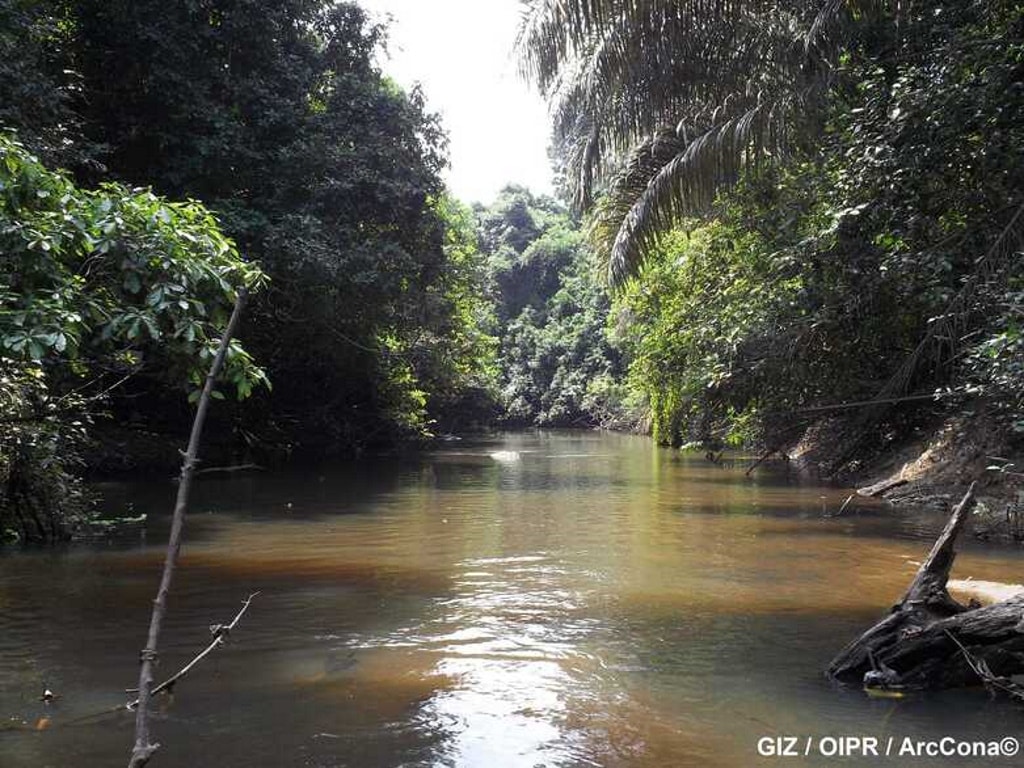The Taï-Grebo-Sapo forest complex covers an area of 5,775 km2 and consists of Taï National Park in Ivory Coast and Grebo and Sapo National Parks in Liberia. However, the site, home to more than 1,200 plant species and hundreds of animal species such as the West African chimpanzee, is facing the effects of climate change, which is contributing to the gradual disappearance of the world’s largest population of pygmy hippopotamus, which lives there.
In this context, the Ivorian and Liberian authorities are implementing the Biodiversity Conservation Project in the Taï-Grebo-Sapo complex, which aims to increase public and private investment in the conservation and safeguarding of nature, as well as respect for the rights of indigenous people and local communities. “It is a question of mobilizing and sensitizing the populations impacted by the project in order to achieve the conservation of biological diversity, land security, connectivity between sites and forest governance,” explains Amon Michel N’Kpomé, the coordinator of the Taï-Grebo-Sapo project.
Specifically, it is to conduct cross-border negotiations between Ivory Coast and Liberia, to develop a framework agreement for the management of a fund of 5 million euros financed by the German Agency for International Cooperation (GIZ) to support initiatives in beekeeping, ecotourism, rehabilitation of degraded native forests and restoration of degraded soils. The project initiated in 2017 also focuses on the establishment of a data management system, recruitment and training of rangers in these national parks.
Preserving ecosystems
The Ivorian government created a corridor in 2019 in the form of a nature reserve along the Saro River (4 km long and 450 m wide), in the council of Taï, “in order to restore ecological connectivity with the Grebo-Krahn National Park in Liberia.” The corridor will eventually be managed by local residents, most of whom depend on agriculture. In Liberia, for example, 48.9% of the working population is engaged in plantations (rubber, coffee, sugar cane, palm oil, etc.), according to the International Fund for Agricultural Development (IFAD).
Read also-AFRICA: WWF and IUCN suggest a $60 billion fund for biodiversity
This sector, although vital, is responsible for the loss of 90% of Ivorian forest cover, according to the United Nations Development Program (UNDP). And according to a study published in March 2018 by the Intergovernmental Platform on Biodiversity and Ecosystem Services (IPBES), this massive deforestation coupled with global warming will promote the disappearance of more than half of Africa’s bird and mammal species with adverse consequences for food, water, energy and health security by 2100.
Benoit-Ivan Wansi
